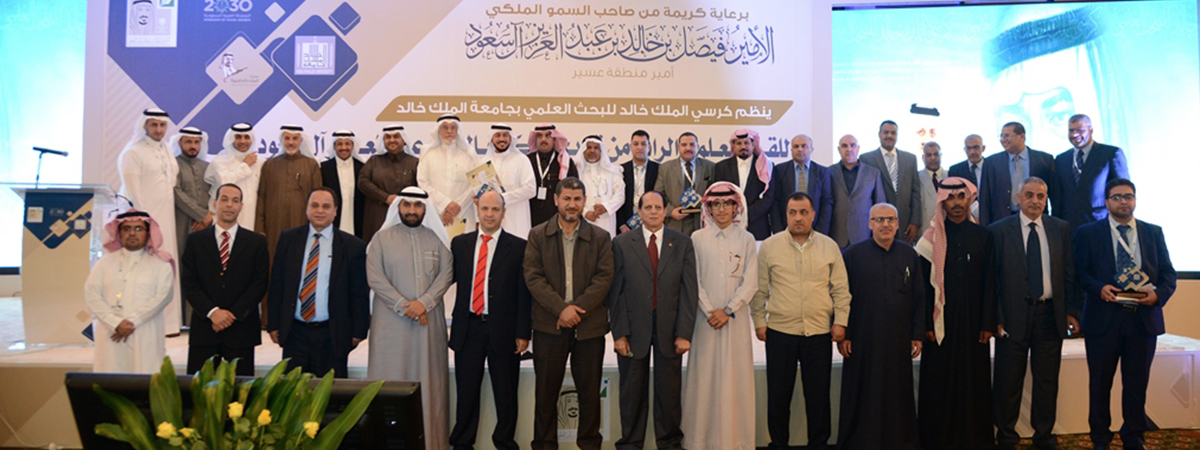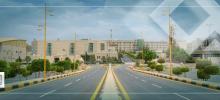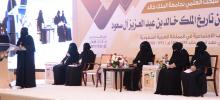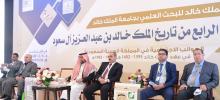Five Recommendations at the Conclusion of the Meetings of the 4th Scientific Forum on the History of King Khalid

King Khalid University concluded the Fourth Scientific Forum on the History of King Khalid bin Abdulaziz, which was held at Abha Palace Hotel from the 4th to the 5th of Rabi' Al-Awwal, entitled " Social Aspects in the Kingdom of Saudi Arabia Under the Reign of King Khalid Bin Abdulaziz." The forum was sponsored by HRH Prince Faisal bin Khalid bin Abdulaziz, the Governor of the Aseer region.
The meeting included four sessions, during which 23 scientific papers were discussed by a group of researchers and participants, in addition to an open dialogue session on the history of King Khalid, may God have mercy on him. Dr. Abdullah bin Abdul Mohsen Al-Turki, and the Former Minister of Social Affairs, Dr. Ali bin Ibrahim Al-Namla, delivered keynote speeches during the sessions.
The closing session of the meeting recommended sending telegraphs of gratitude and appreciation to the Custodian of the Two Holy Mosques, His Royal Highness the Crown Prince and the Governor of Aseer Region for their efforts in serving the country in general and aspects of scientific research in particular. Equally important, the closing session recommended a continuation of studying the history of the Kingdom of Saudi Arabia during the reign of King Khalid - may God have mercy on him - and the aspects of his personal life. Namely, the impact of King Khalid bin Abdulaziz in relation to Dawah inside and outside of the Kingdom, his role in unifying the sustained efforts of the Arab and Islamic countries to encounter challenges, and the central role of women in domestic development during his reign.
The participants also recommended the use of modern technology and social networking platforms to introduce the history of King Khalid and his efforts in developing the Kingdom through the preparation and dissemination of concise and focused scientific materials, as well as the discovery of previously unknown aspects of King Khalid's life. Participants also recommended the development of scientific partnerships between the Chair and similar research organizations inside and outside of the Kingdom.









